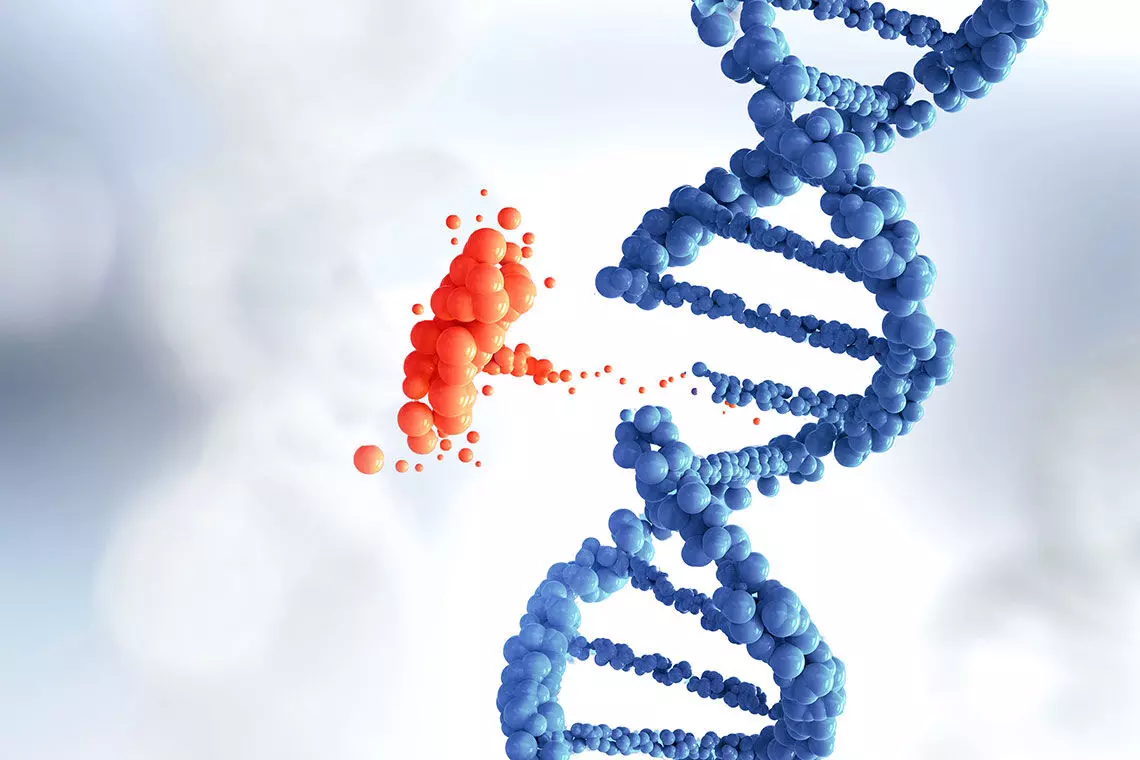Internal caste marriage is consanguinity, according to CCMB scientists
Endogamy and consanguinity may have comparable genetic diseases.
Genetic Diseases

When it comes to genetic illnesses, marrying within one's own caste (endogamy) may be no different than marrying close relatives (consanguinity), according to a leading scientist.
K Thangaraj, senior scientist at the CSIR-Centre For Cellular And Molecular Biology, stated at the Hyderabad Literary Festival's 'Who are Indians: Understanding our ancestry' session that studies have estimated that one-third of the Indian population is expected to have population-specific recessive diseases (which require two copies of the mutated gene, one from each parent).
According to recent research, such people or communities exist in Andhra Pradesh and Madurai, with many more yet to be uncovered. While tracing the ancestry of Indians who moved from South Africa in two waves, Thangaraj stated that we all share genes, with the exception of the unique Andaman Islands population.
All Indians are a combination of diverse communities and ancestors. Except for the Andaman Islands, there is no pure archaic population. They have a separate gene pool since they have remained isolated all this time." He went on to say that the first wave of people arrived from South Africa and settled in the Andaman Islands and the southern section of the country, forming the ancestral South Indians. The second wave of migration brought individuals to the northern region via the Middle East and Europe, resulting in the ancestral North Indians. "We estimate that mixing (interbreeding within two separate groups) between the ancestral South Indian and ancestral North Indian populations occurred 2,000-4,000 years ago. Due to intermixing, ancestral groups inherit some of the gene pool from others. "We're all genetically connected," he remarked.
Speaking of the caste system, he went on to explain how all hereditary disorders are caused by a single chromosomal mutation. The expert cited the Vaishya community in Andhra Pradesh, where muscle relaxants (given before surgery) have been found to have a disastrous effect, and the Kaalaiv community near Madurai, which is prone to skin and cardiovascular abnormalities, as examples of such populations that exist in rural areas across the country.
"These populations are going to have a huge impact on health, and there is a need to screen them," he said, adding that extensive screens are planned.

